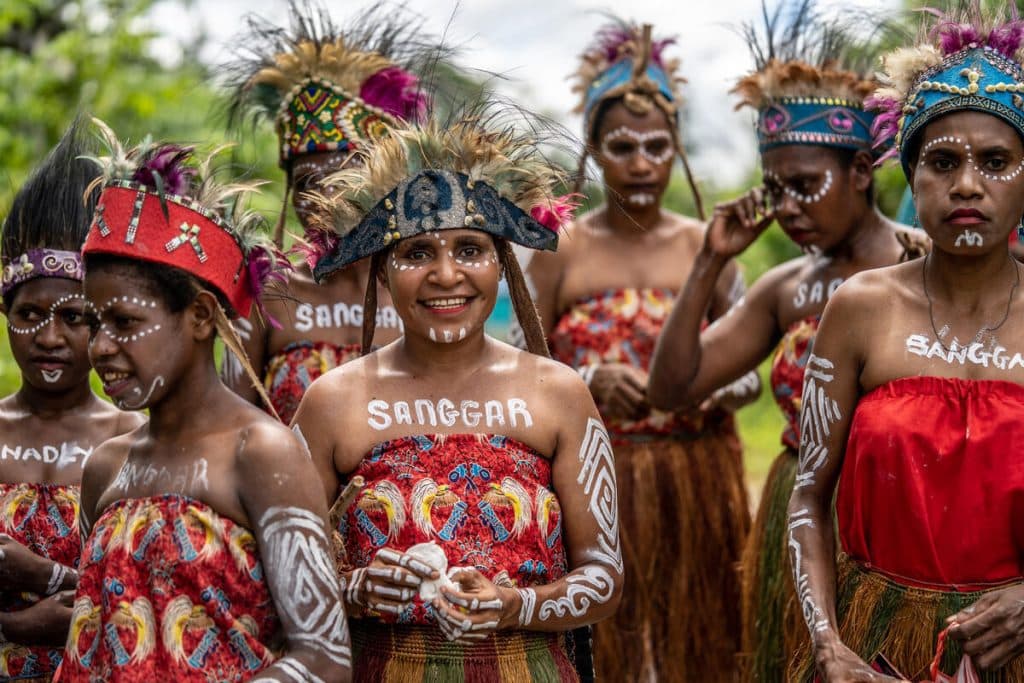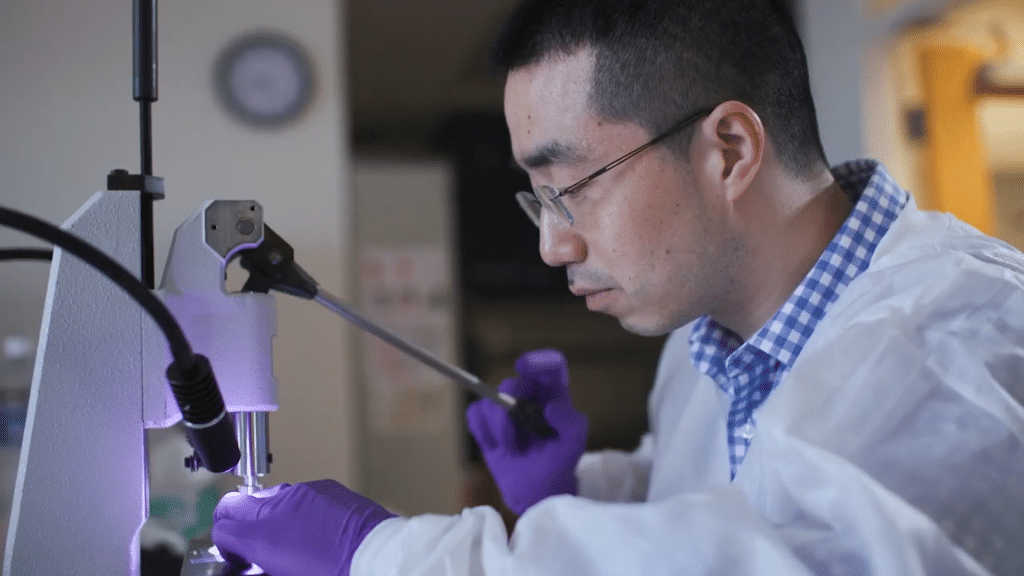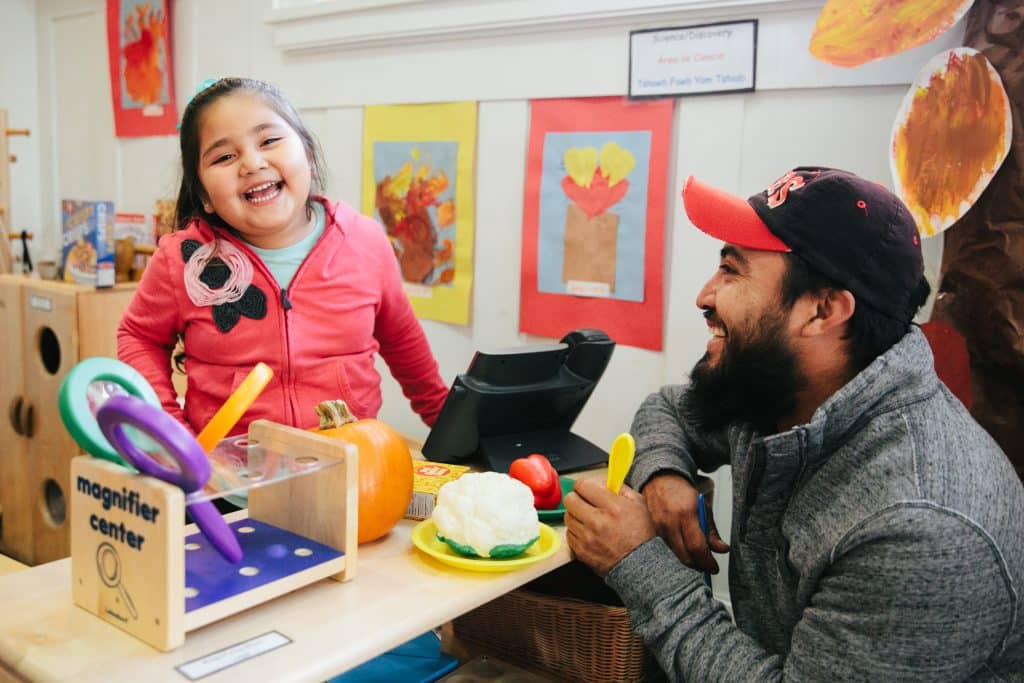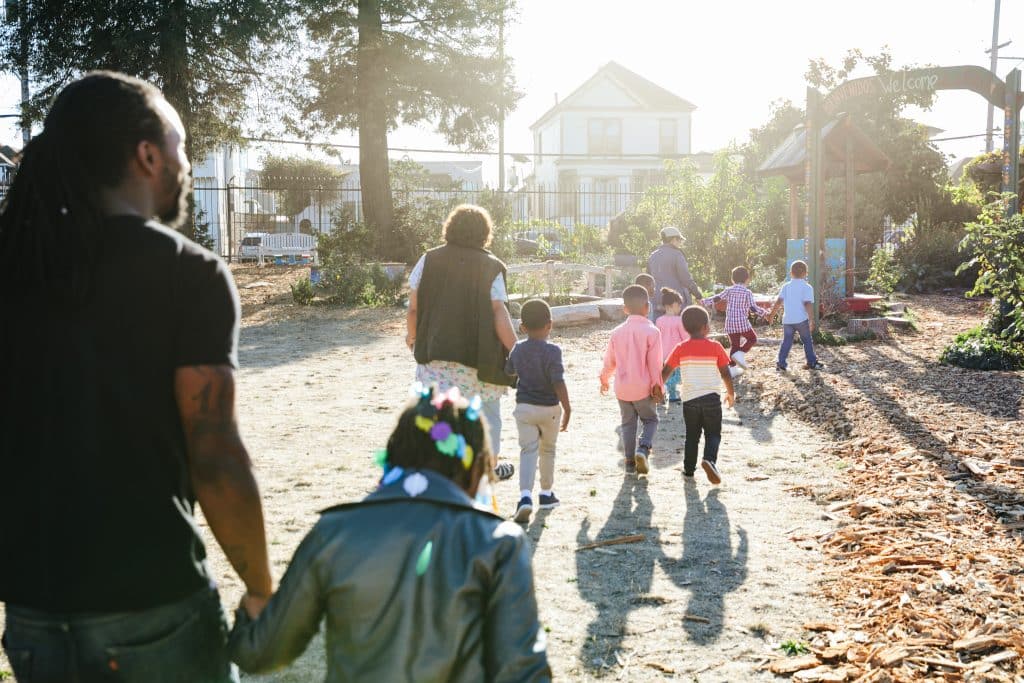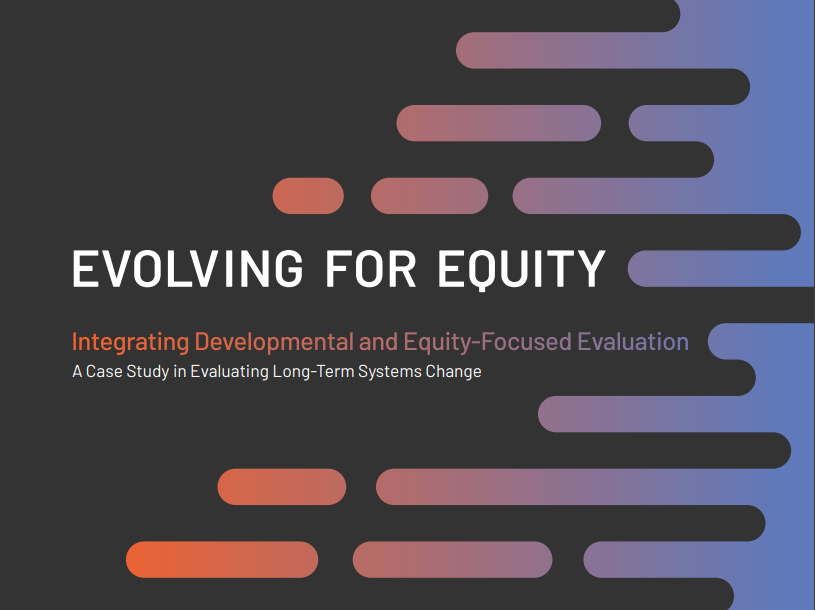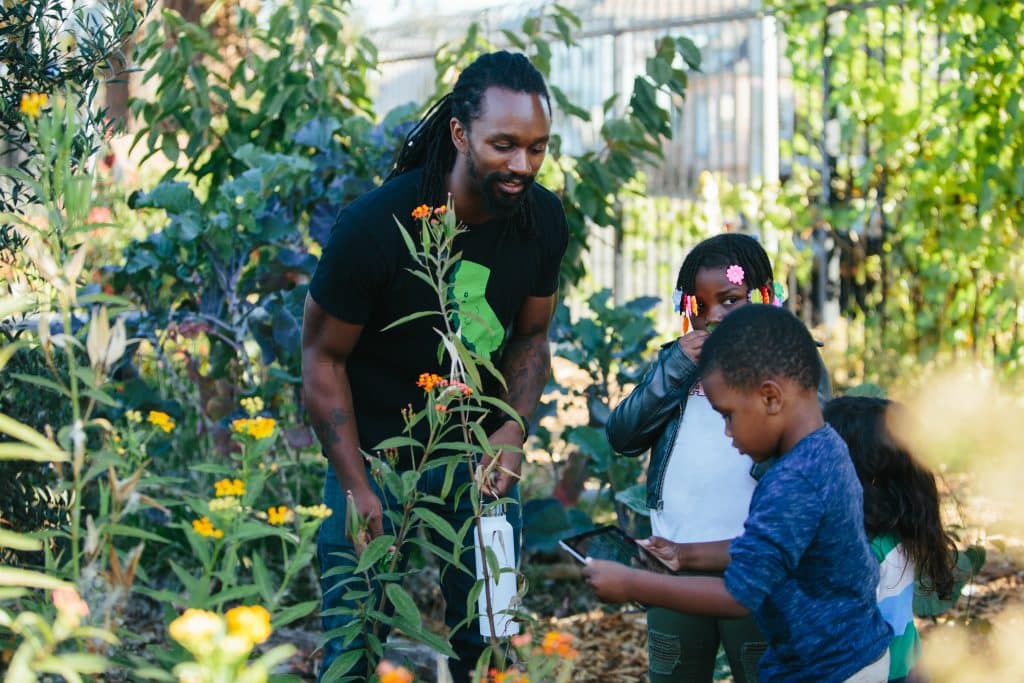In the Temusai Kuras village in Siak District, Indonesia, rows of spiky plants span the peatlands.
These are Mahkota Siak pineapples, a dwarf variety with a red crown base that lightens when it’s ripe. But what these pineapples lack in size, they more than make up for in the critical role they serve in protecting the peatlands from fire and local businesses in the village.
In Siak and beyond, Indonesia’s peatlands are renowned for their stunning landscapes, often bordering large rivers or lakes, and hosting a diverse array of lush vegetation, and rare species.
Referred to as “lahan gambut” in Indonesian, peatlands are a type of wetland which store immense amounts of carbon in layers of decaying plants. Peatlands provide essential services for the environment such as water purification, flood mitigation, and fire prevention.
On a global scale, peatlands store twice as much carbon as all the world’s forests combined, underscoring their significance in mitigating climate change. Indonesia is home to 36% of all tropical peatlands, lending the country a particularly important position in global conservation efforts. In 2016, the Indonesian government established Peatland Restoration Agency (BRG) that is tasked to restore over 2.6 million hectares of peatland, as Indonesia has experienced a significant destruction of its peatlands in the past. In addition to peatlands that have been destroyed by wildfires, many have been converted for palm oil, and acacia tree plantations, leading to the release of carbon dioxide into the atmosphere and exacerbating the risks of floods and more fires.
Indonesia advances on solutions to balancing economic growth with sustainable management of its peatlands.
That’s where solutions like the Mahkota Siak pineapples come in.
Pineapple plants have fern-like leaves that serve as a natural barrier against fires, and the pineapple fruit has a water-absorbing capacity that keeps the peatland moist, reducing the risk of fires.
Throughout her life, Suliza, a leader of a local women group in Temusai Village, witnessed how fires were less impactful in the areas where pineapples are cultivated. But in 2020, due to the global COVID-19 pandemic, pineapples from the village couldn’t be exported, losing their value and putting the peatlands at risk.
Determined to find a solution, Suliza rallied local women and youth. Together, they sought ways to create new products from the leftover pineapples that couldn’t be sold.
In 2023, Suliza joined SKELAS, a local incubator working to support local businesses based on peat-friendly commodities. Through this process, Suliza met and partnered with SKELAS founder Cindi Shandoval who helped Suliza and her group of women develop their knowledge and create marketable products.
Together, Suliza and Cindi founded Pinaloka, a business that transforms pineapples into syrups, jams, canned drinks, and dried fruit. They also work to ensure that the rest of the pineapples are used sustainably, turning peel waste into detergent and fertilizer, and converting pineapple leaves into fibers and thread.
Pinaloka, derived from the words “pineapple” and “local,” is bringing new value to the community’s pineapples while contributing to the protection of the surrounding peatlands.
SKELAS, the incubator that helped launch Pinaloka, is supported by Lingkar Temu Kabupaten Lestari (LTKL), an Indonesian district government association that works to promote sustainable development that protects the environment and improves the welfare of the community.
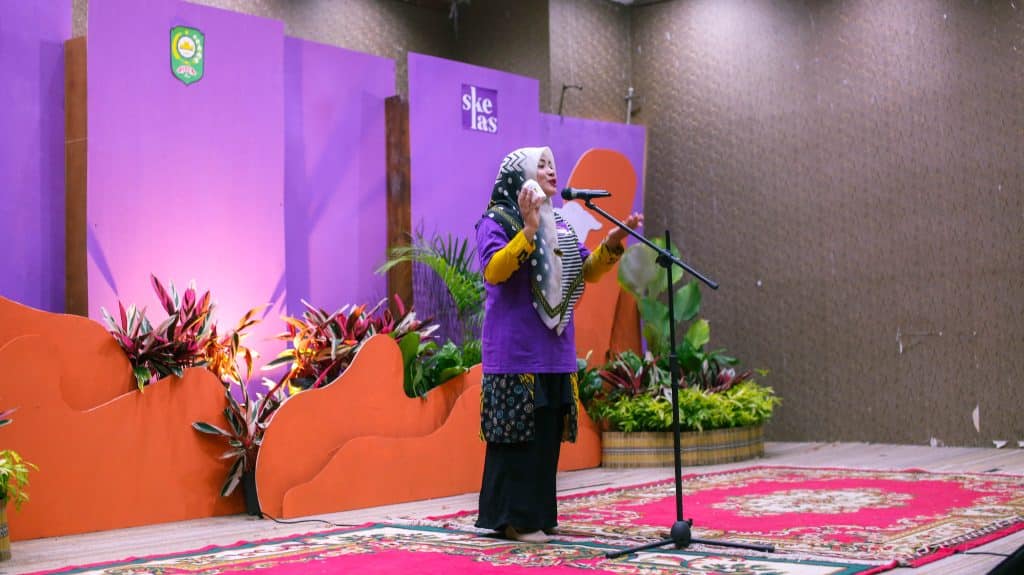
Many of the nine districts that currently make up the LTKL network have economies that rely on large scale industries like palm oil. To break this reliance and build a more sustainable economic model, LTKL is promoting various nature-based commodities like coffee, cocoa, coconut, bamboo and pineapple – all of which can be harvested sustainably.
Since 2019, the David and Lucile Packard Foundation has partnered with LTKL as part of its broader efforts to end tropical deforestation and promote just and sustainable development.
Suliza and Cindi’s work with Pinaloka showcases how innovative solutions can support local businesses while contributing to global conservation efforts.

